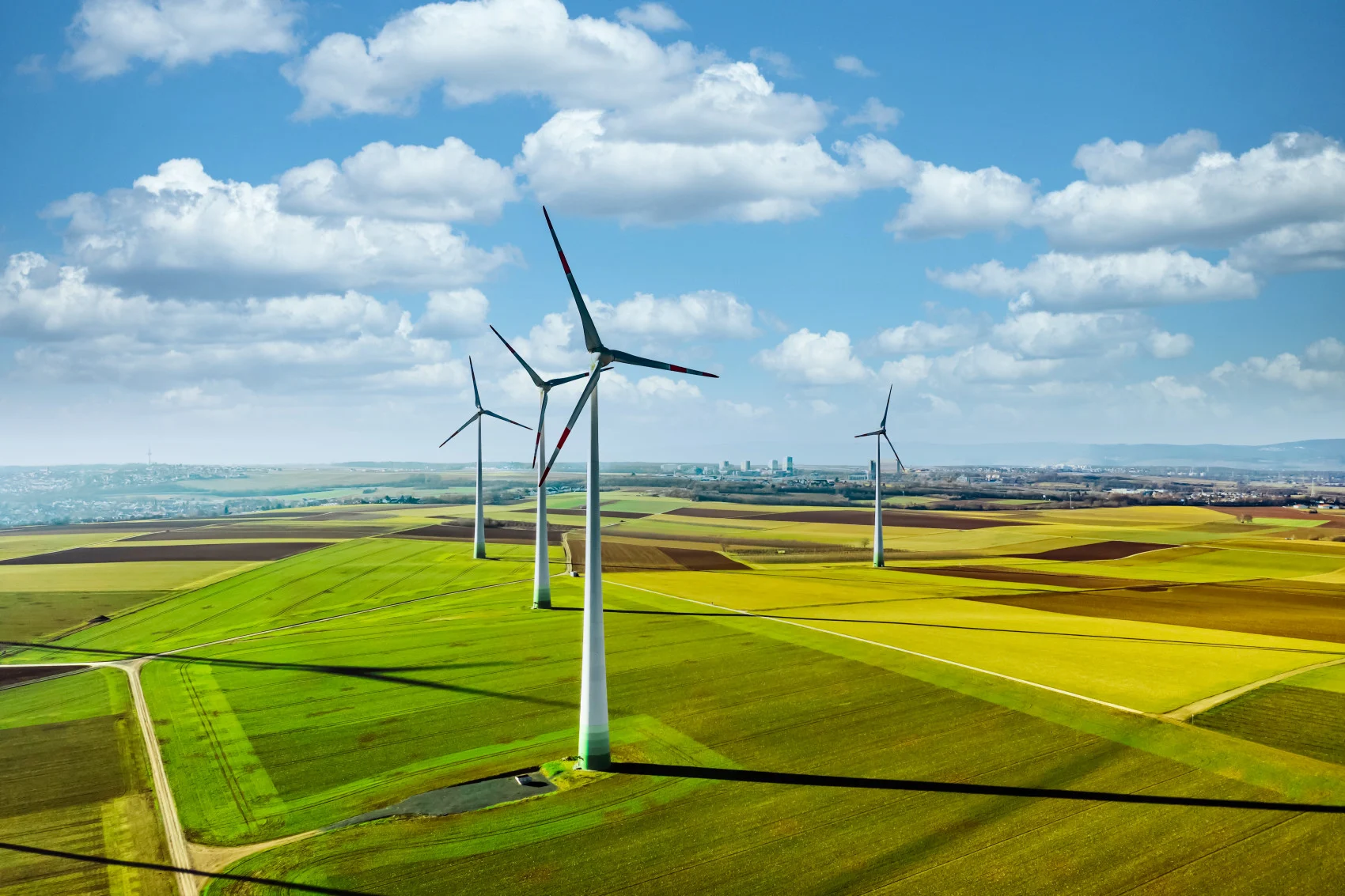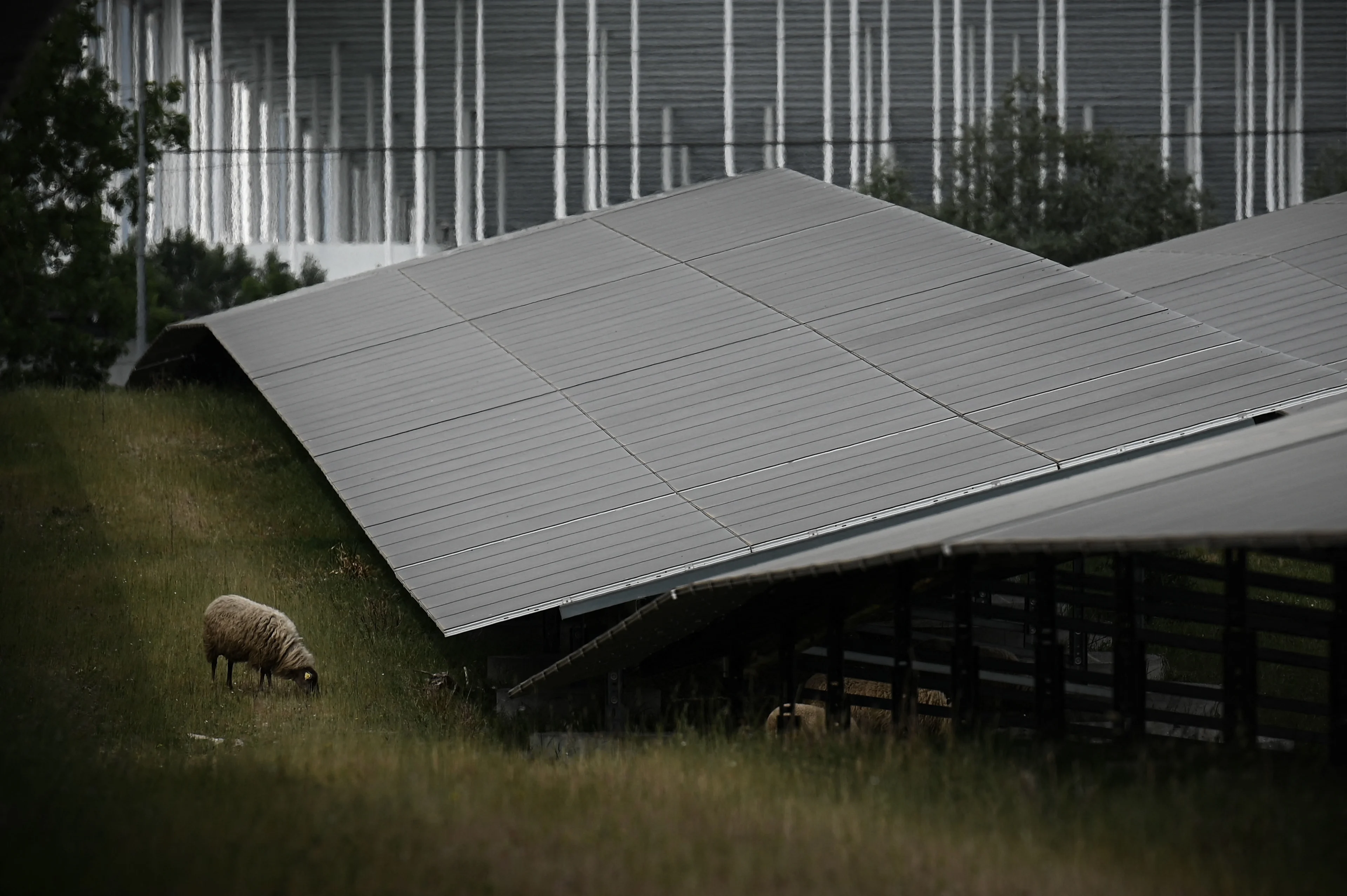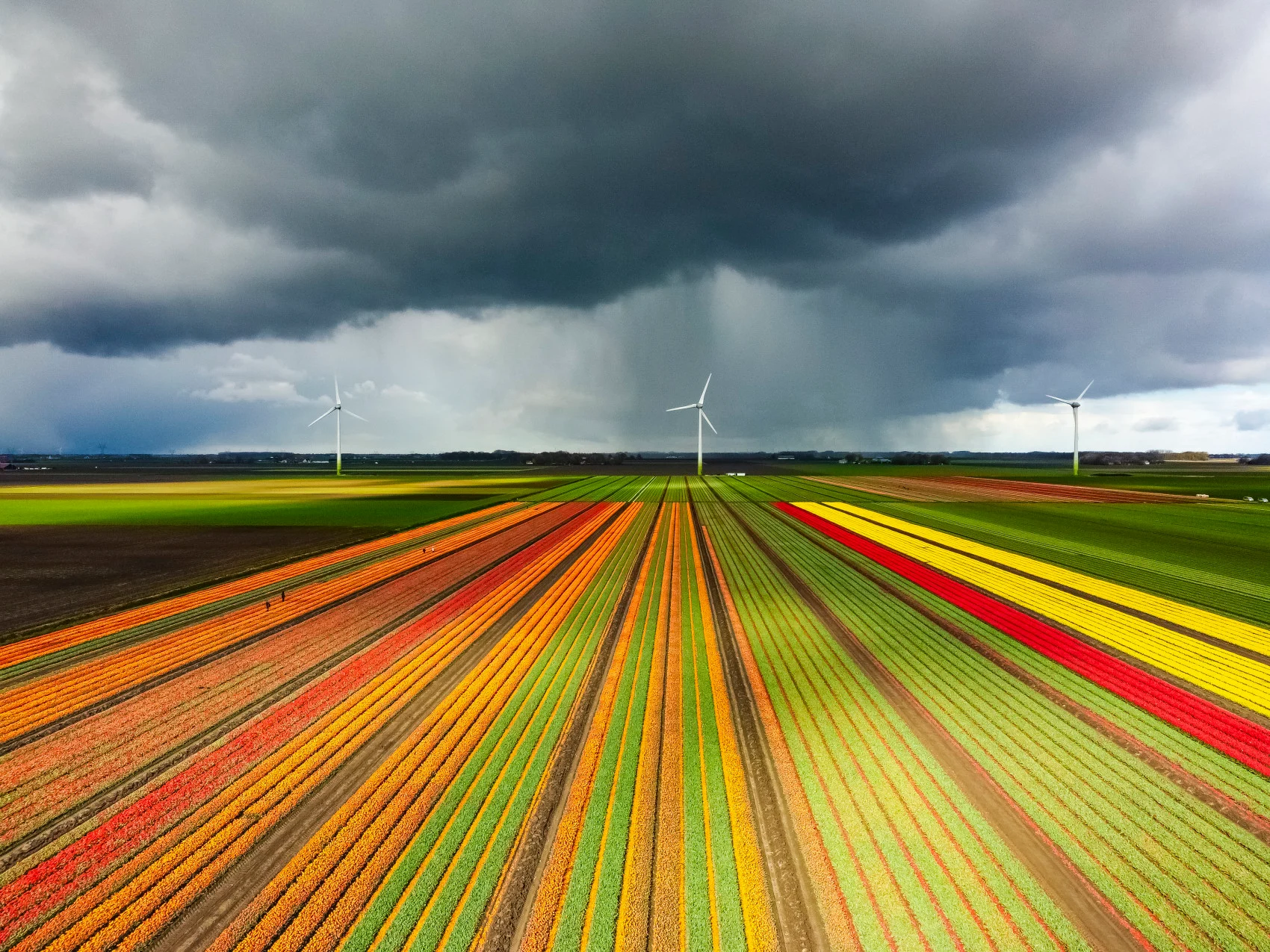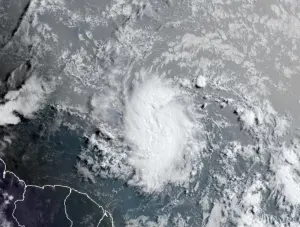
Oil without Russia: Gas price crunch will get worse before it gets better
Late in May the European Union announced that it will follow the lead of the United States and introduce its own phased embargo of Russian oil.
The decision could impact both the Ukraine war and global gas prices generally.
After a series of recent discussions, the assembled EU representatives determined to slash 75 per cent of Russian oil imports immediately, building to close to 90 per cent by the end of year.
Further squeezing the global oil supply, however, has the potential to lead to even more price spikes, in a market where gas was already going for more than $2/L across Canada this weekend.
With summer spikes expected, this added pressure on gas prices would come at a difficult time for consumers facing the pinch of inflationary pricing in food, energy, and housing.
The announcement by the EU has thus prompted strategic shuffling among other leaders, like U.S. President Joe Biden, who has scheduled a trip to Riyadh to ask the Saudis to pump more oil to make up the shortfall.
Yet the EU embargo on Russian oil is no mere short term gesture, but part of a larger plan that would shift the economic region away from fossil fuels altogether, thereby reducing their dependence on Russian oil into the future.

A sheep grazes next to solar panels of the Labarde solar farm in Bordeaux southwestern France on May 12, 2022. The solar farm of 140,000 solar panels is located on a former landfill and is the largest urban solar farm in Europe. (Philippe LOPEZ/ AFP/ Getty Images)
According to an analysis published this past week, 19 EU governments have released new plans outlining a pivot away from fossil fuels and toward decarbonization, at a much faster pace than just a few years before.
The findings, compiled by thinktanks Ember and CREA, determined that these new EU plans put the nations on track to produce 63 per cent of their electricity from renewables by 2030, up from the 55 per cent target put out in 2019.
“The EU has put the energy transition on turbocharge, with governments getting serious about cutting out costly fossil fuels,” said Pawel Czyzak, senior energy and climate data analyst at Ember. “There’s a consensus that ramping up wind and solar power quicker can help the EU head off multiple crises.”
The change of plans comes in the wake of the energy slowdown the world experienced during the COVID-19 crisis, perhaps affording a pause to consider new approaches. It is also a response to the skyrocketing gas prices and war in the Ukraine, which together have underscored the vulnerability of the EU’s dependence on Russian oil.

Blossoming yellow tulips in a field during a stormy spring afternoon with incoming hail storm clouds over the horizon. The tulip field has multiple colors and wind turbines in the background. Drone point of view. (Sjo/ E+/ Getty Images)
An aggressive shift away from fossil fuels would afford the EU an enviable energy independence, eliminating the kinds of strategic and moral dilemmas faced by the economic region over the last few months.
Erika Uusivuori, an analyst at CREA, agreed with the strategic benefits of such energy independence, and stated in a press release, “Europe now recognises that fossil fuels equal volatility.”
Across the region, fossil fuel power generation would decline by as much as a third over the next decade, with huge investments in renewables even as nations pivot away from fossil fuel plans.
The new policies “will see 595 TWh fossil fuel generation in 2030, a steep drop from plans published just two years ago for 867 TWh in 2030.”
Nations with the most dependence on Russian oil have moved the most aggressively toward the new policies.
Germany had upped its renewables target from 62 per cent to 80 per cent for 2030; France has plans for 100 GW produced in solar farms by 2050, up from just 14 GW; and the Netherlands looks now to double their installation of offshore wind over this decade.
Other nations have announced plans to ramp up the shift away from fossil fuels in heating, transportation, and industry.
Canada has also joined the fray, as Minister of Foreign Affairs Mélanie Joly announced this week that Canada will impose further sanctions on Russian oil, including “a ban on the export of 28 services vital for the operation of the oil, gas and chemical industries.”
In the short term — like this summer — the impact of the Russian oil embargo could be felt by consumers looking to embark on road trips and holidays. And if gas prices continue to rise, the impact on inflation could cause further market shocks.
The sanctions would have the opposite effect, however, if they prompt a speedier end to the Ukraine war, as intended.
The President of the European Council, Charles Michel, tweeted that the sanctions would go a long way toward undermining Russia, “cutting a huge source of financing for its war machine.”
While the press release announcing the new Canadian sanctions notes that “the banning of the exportation of oil, gas, and chemical services targets an industry that accounts for about 50 per cent of Russia’s federal budget revenues” and will “apply further pressure on President Putin to immediately withdraw his forces from Ukrainian soil.”
What’s more, as a long term strategy, the shift from reliance on fossil fuels from hostile nations should put the EU in a much more comfortable strategic position.
“The current energy landscape is unprecedented, but a jump in ambition to cut fossil fuel dependence is now putting countries on a path to more security,” stated Uusivuori.
Perhaps the most consequential long term impact, however, is how the EU plans contribute to the climate fight. The geopolitical disruptions of the last two years have pushed the spotlight off of the seriousness and urgency of climate change, undercutting the push for stronger climate policy.
The EU policy shift would be both a major strategic win and a major push in the climate change fight.
Thumbnail image: Wind turbines in Germany. (ljubaphoto/ E+/ Getty Images)










